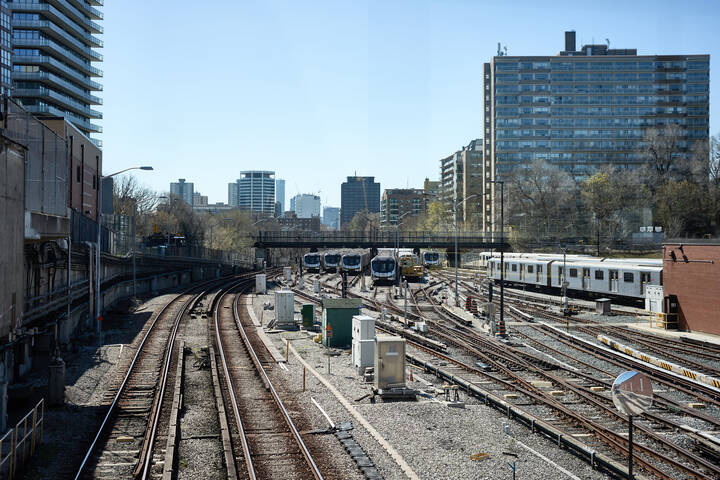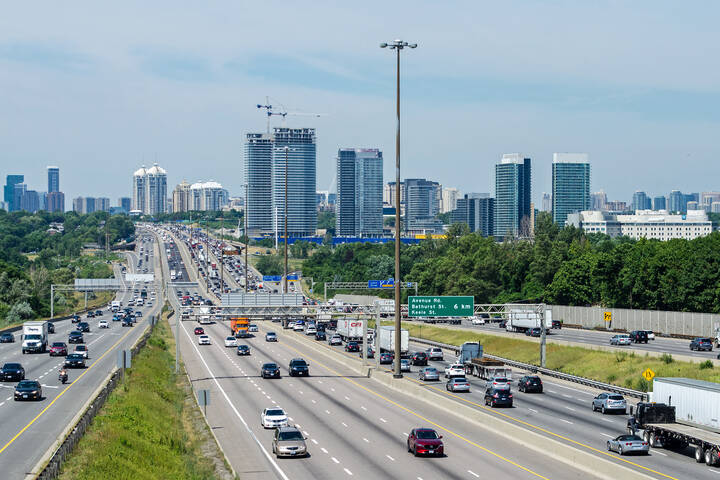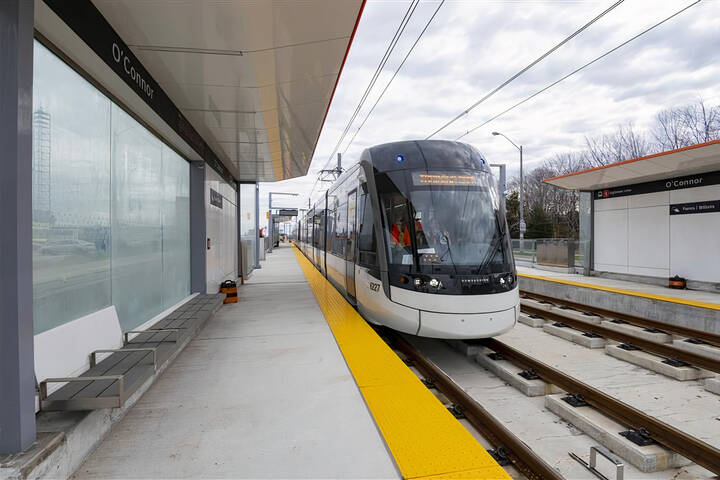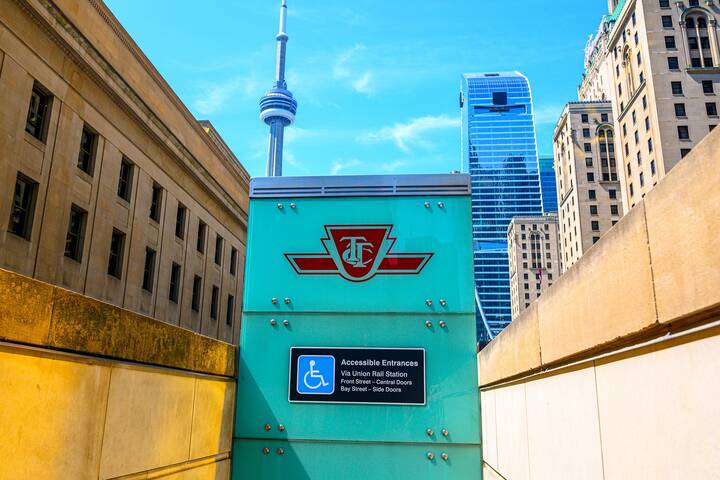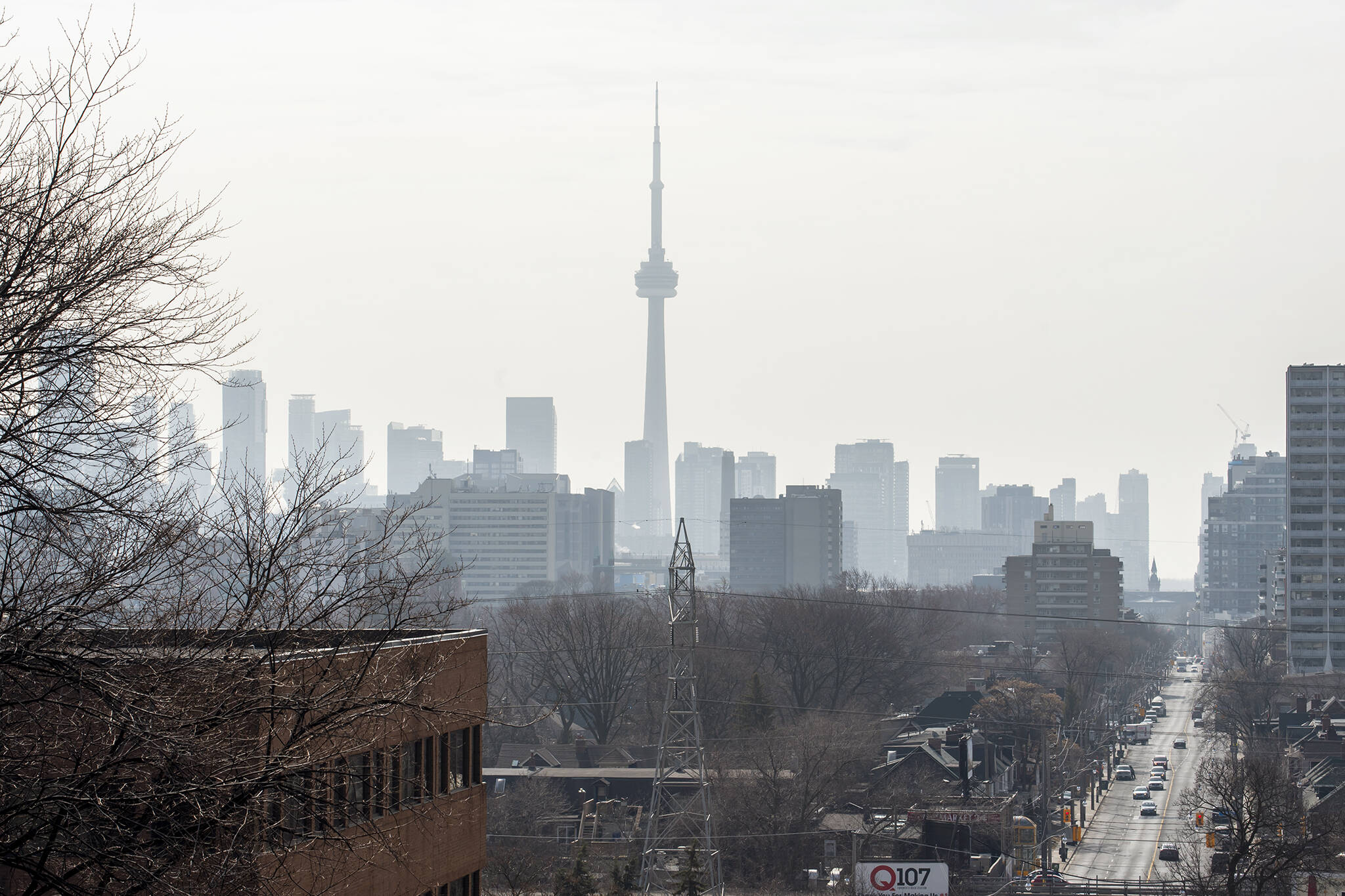
Scientists say the COVID pandemic is now completely out of control in Ontario
Less than two weeks before more businesses are slated to resume operations in Ontario regions under grey zone lockdown, some health officials are advocating for tougher measures and are calling the current COVID-19 situation in the province "completely out of control."
The comments come via the CBC from Dr. Peter Juni, the scientific director of the Ontario COVID-19 Science Advisory Table, which is behind the grave modelling projections that have often, admittedly, missed the mark.
Residents may remember Juni from earlier this month, when he called for a stringent three-week lockdown of the Golden Horseshoe to gain control of virus transmission.
He and the table are now cautioning the public of a startling rise of variants of concern — which comprise 67 per cent of current infections — which, according to their data, "are associated with a 63 per cent increased risk of hospitalization, a 103 per cent risk of ICU admission and a 56 per cent increased risk of death."
As such, hospitalizations and ICU admissions are now higher in the province than they were at the time of our blanket shutdown that commenced on Boxing Day, begging the question of not if, but when another lockdown of such magnitude should be implemented.
(It is noteworthy that though COVID-19 ICU occupancy was 28 per cent higher on March 28 than it was on Dec. 26, it is at 366 for the entire province of 14.5 million people.)
"The new VOCs will result in a considerably higher burden to Ontario’s health care system during the third wave compared to the impact of early SARS-CoV-2 variants during Ontario’s second wave," the panel predicts in a new brief released Monday.
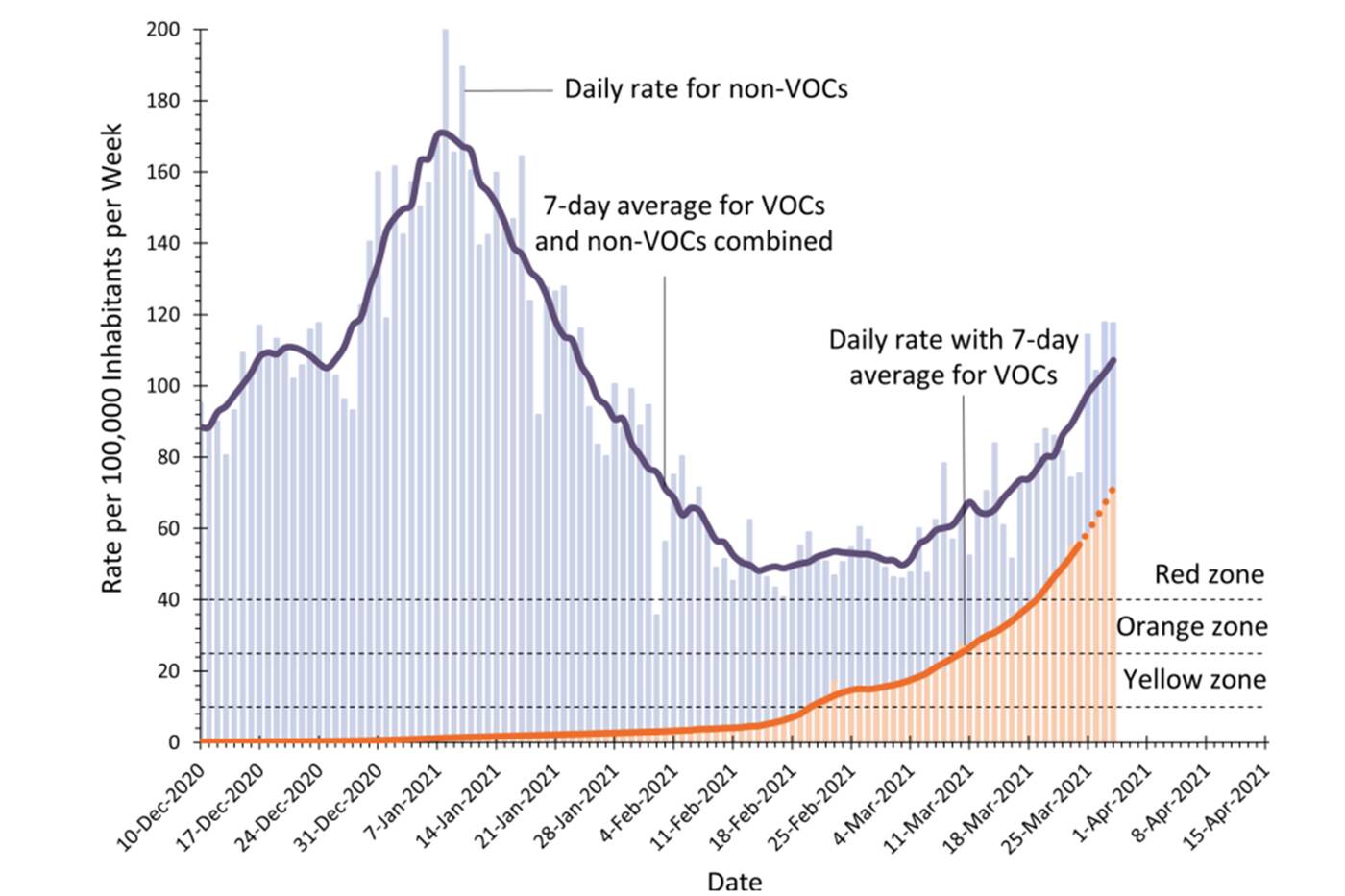
COVID stats in Ontario over the past few months, with purple representing seven-day moving averages of confirmed new SARS-CoV-2 infections overall in Ontario per 100,000 inhabitants per week, the orange line representing infections caused by new VOCs in Ontario per 100,000 inhabitants per week, and the dashed orange line representing predicted infection rates past March 24. From the province's COVID advisory table.
Though both the daily case count and the seven-day moving average of cases per 100,000 residents in the province is still far below its second wave peak in January, numbers are slowly rising again from a lull last month, and the numbers for variants of concern specifically are higher than ever.
And though the data set is limited, it appears that a higher proportion of younger people are being admitted to the ICU this month than in December.
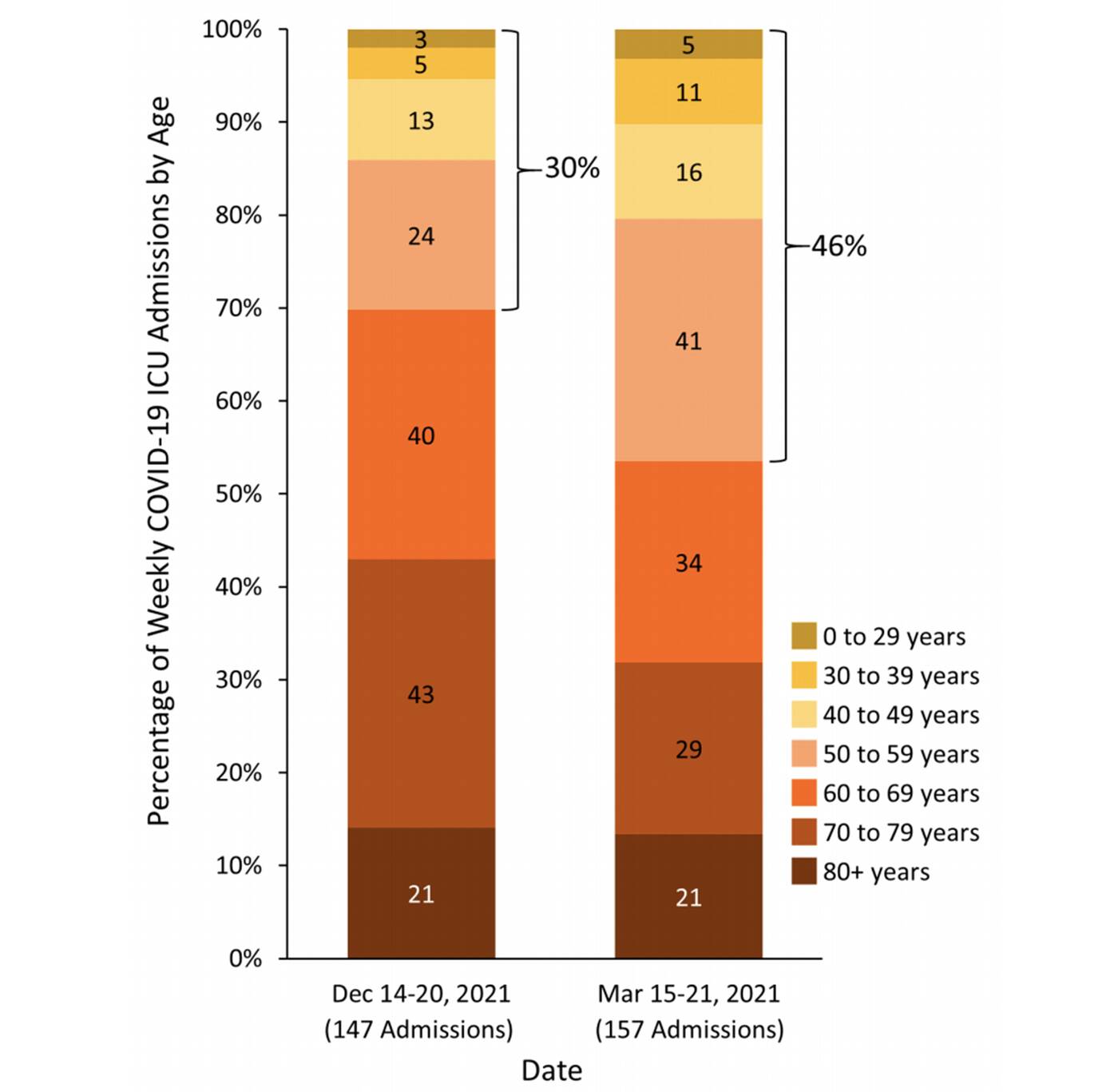
ICU admissions in Ontario by age in December vs March. Chart from the province's COVID advisory table.
While some experts are cautioning of troubling times ahead if stricter lockdowns are not implemented, others are warning of the dangers of such lockdowns on residents' mental states, with suicidal ideation and actual suicides, eating disorders, overdoses, cases of domestic violence and other mental health and social issues on the rise.
Many are also calling for targeted measures such as paid sick leave for essential workers after outbreaks among migrant workers, in factories, in the grocery and food service industry and at other workplaces, which some point out are greater drivers of transmission than people gathering or frequenting local businesses.
Hector Vasquez
Latest Videos
Latest Videos
Join the conversation Load comments


